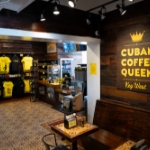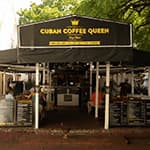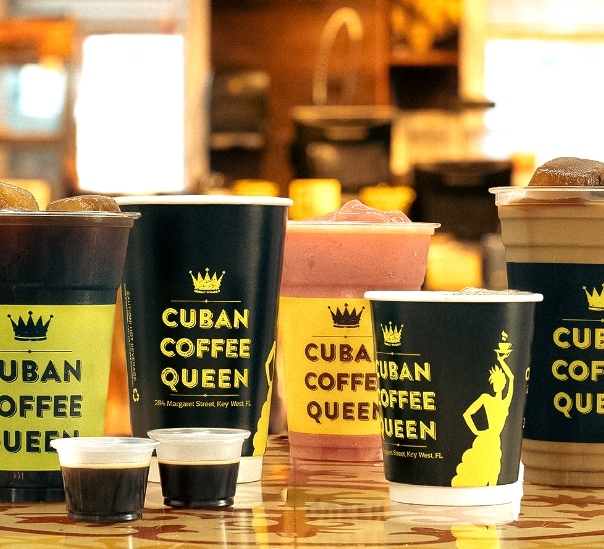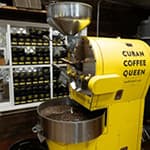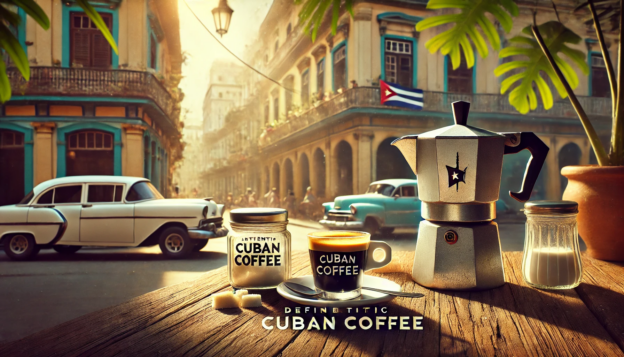
How to Identify Authentic Cuban Coffee
Cuban coffee has taken the world by storm, captivating coffee aficionados and casual drinkers alike with its rich flavor, unique preparation methods, and cultural significance.
As the Cuban coffee scene continues to garner attention, establishments like Cuban Coffee Queen in Key West are pivotal in promoting this cherished beverage.
But what truly defines authentic Cuban coffee, and how can one spot it among a sea of brewed beverages? Dive into the heart of this beloved tradition and discover what makes Cuban coffee the real deal.
The Roots of Cuban Coffee
Before delving into the nuances of spotting authentic Cuban coffee, it’s essential to appreciate the historical and cultural roots of this drink. Coffee was brought to Cuba in the 18th century and quickly became an integral part of Cuban culture, economy, and social life. It touches the lives of many Cubans, serving as a bridge between generations and a symbol of hospitality. As coffee cultivation flourished, Cuban coffee became known for its strong, bold taste and espresso-like intensity.
Cuban coffee is distinguished by its use of high-quality Arabica beans, traditionally grown in the lush, mountainous regions of the island. The refined cultivation methods and labor-intensive harvesting processes contribute significantly to the rich flavor profile that has become synonymous with Cuban coffee. As coffee drinkers, our journey begins here, well-rooted in history.
Crafting the Brew: Preparation and Ingredients
Authentic Cuban coffee is not just about the beans; it lies in the meticulous preparation as well. The brewing technique involves a unique espresso machine called the “cafetera” or “Moka pot.” This stovetop espresso maker is ubiquitous in Cuban households and cafes, producing small, strong shots of coffee known as “café”.
A key feature is the preparation of the “espuma” or “foam,” which differentiates Cuban coffee from other espresso-based beverages. Upon brewing the first few drops of coffee, sugar is added immediately to create a sweet, frothy mixture. This mixture is then whipped vigorously, resulting in a creamy layer atop the coffee that lends a uniquely delightful texture and sweetness.
When visiting a place like Cuban Coffee Queen in Key West, you can expect to experience this authentic preparation method. The staff is well-versed in the art of making Cuban coffee, embodying the spirit of Cuban culture with each cup served.
Taste: Full-Bodied and Bold
When trying Cuban coffee, the flavor profile is distinctive and hard to miss — it packs a punch. Authentic Cuban coffee is often served either as a “café solo” (a single espresso shot) or as a “café con leche” (mixed with warm milk). The sugar, an integral component of the preparation, adds a subtle sweetness that balances the intense flavors of the coffee.
While the degree of sweetness can vary by individual preference, true traditionalists assert that the coffee should remain strong and rich. When sipping from a well-crafted cup of Cuban coffee, you should taste its full-bodied nature, complemented by notes of chocolate and nuts. This complexity is a standout feature that sets Cuban coffee apart and plays a crucial role in defining its authenticity.
Identifying Authentic Cuban Coffee
With the popularity of Cuban-style coffee on the rise, it is essential to arm yourself with knowledge to avoid disappointing imitations. Here are some indicators to help you identify authentic Cuban coffee:
1. Origin of Beans: Genuine Cuban coffee utilizes high-quality Arabica beans, typically sourced from regions like the Sierra Maestra mountains. Researching the origins of the coffee beans can provide insight into their authenticity.
2. Espresso Method: Authentic Cuban coffee should be prepared using the traditional cafetera. If you’re presented with dark roast coffee brewed in a standard drip coffee maker, it likely lacks the true soul of Cuban brewing.
3. Sweetness: The signature “espuma” foam is a telltale sign of authenticity. If your cafecito lacks the sweet, frothy layer or is prepared with little to no sugar, it may not be an authentic version.
4. Presentation: Authentic Cuban coffee is often served in small, espresso cups, allowing you to savor its intensity. Additionally, watch for proper serving methods that reflect Cuban hospitality, such as serving coffee alongside a small glass of water.
5. Cultural Connection: Often, establishments dedicated to Cuban coffee, such as Cuban Coffee Queen in Key West, will embrace not only the drink itself but also the overall experience of Cuban culture. Engaging in a vibrant atmosphere rich in history can enhance your coffee experience.
Savoring the Experience
Cuban Coffee Queen combines traditional roots with modern appeal, offering an authentic Cuban coffee experience that fosters community and connection. Whether you’re a coffee aficionado or a newcomer, you can explore a rich selection of flavors and blends.
We invite you to savor our coffees and, for any inquiries or assistance, please don’t hesitate to reach out. Call us or order through our website—we’d love to hear from you!


